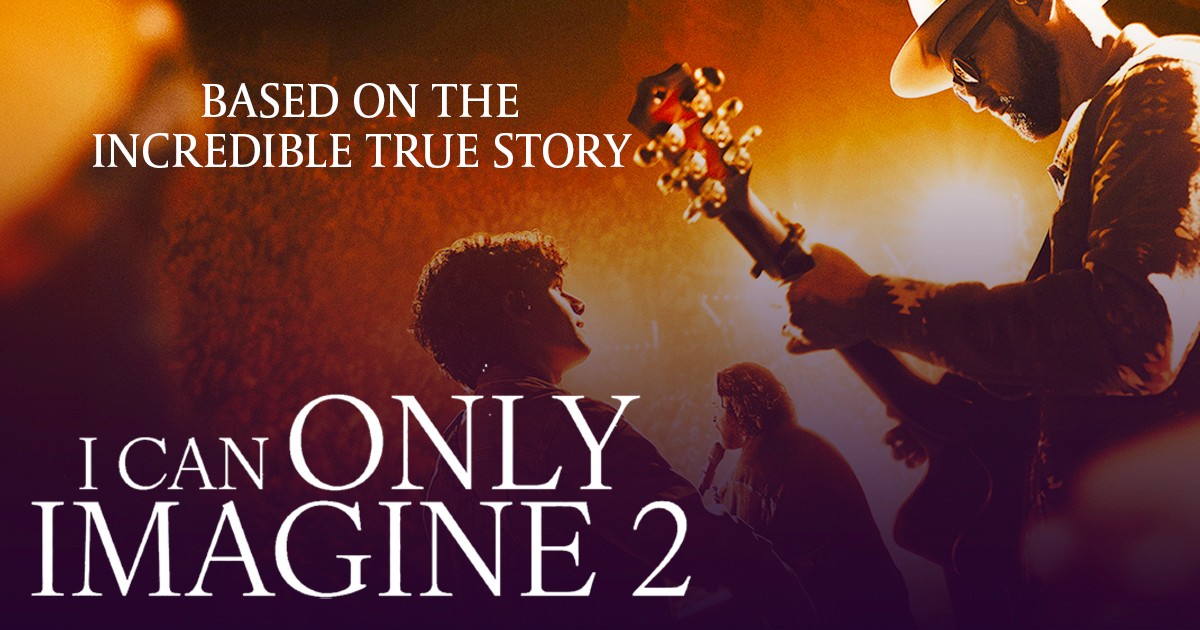In the first article of this four-part series on generation Z and Jesus, we considered the overall landscape of the different generations in our churches today: from baby boomers to generation X to millennials. Now we turn our attention to the star of our discussion: gen Z. But before we look more closely at young adults and faith, we need to spend some time understanding this cultural moment.
The defining spirit of the early 21st century reflects a profound shift in values, with gen Z prioritizing personal autonomy, authenticity, mental health and social justice. Those under 30, whether Christian, another religion or spiritually curious, are drawn to communities that offer genuine relationships and transparent discussions about faith, rather than mere adherence to tradition.
What are we to make of this generation of teens and young adults? Let’s start by examining what kind of world gen Z is growing up in.
Gen Z: Digital Natives
Millennials may be digital pioneers, but gen-Zers are digital natives. They are growing up in the information age and have a whole new way of looking at the world. They are more geopolitically aware, more environmentally conscious and more globally connected than any previous generation. While there is much to celebrate in the advancements of technology, we cannot ignore research that increasingly admits that life in our digital world is linked to higher rates of loneliness, depression and anxiety, especially among gen-Z young adults.
Studies reveal that the rate of suicide among this generation is higher than at any previous (recorded) time, especially among girls struggling with anxiety and depression. In iGen, noted psychologist and researcher Dr. Jean Twenge writes that “iGen’ers (gen Z) are scared, maybe even terrified.” It’s difficult for us to understand the profound impact of our digital world on this generation. In addition to Twenge’s works, I highly recommend Jonathan Haidt’s book The Anxious Generation for those wanting to delve deeper into this topic.
The great irony is that while digital technology has increased global connectivity on a scale never imagined, it is also the greatest contributor to growing loneliness. We are more connected, yet less connected than ever. How many of us have had conversations with parents and grandparents who worry over the shocking amount of time their teen or young adult spends alone and online, apparently living in a virtual world?
Gen Z: Sexuality and Gender
No honest discussion of gen-Z Christians can ignore conversations around gender and sexuality. Gen Z is, as Twenge phrases it, “exquisitely tolerant” of diverse lifestyles, choosing to disregard previous generations’ understanding and acceptance of traditional structures and religious convictions. While same-sex marriage was legalized in Canada in 2005, it was only legalized in the United States in 2015. Thus, gen-Z young adults grew up immersed in conversations regarding this seismic change in the definition of marriage. Increasingly, gen-Z Christians are confused and concerned about what appears to be a hateful response from some in the church toward the LGBTQI+ community. At the same time, many gen-Z Christ followers are baffled by the blatant lack of open and honest dialogue within the church about this important topic.
Beyond the interpretation of marriage, changing views on gender and sex from the 2010s to the present is nothing short of shocking (to us from the older generations, in any case). Twenge says, “In late 2020 and early 2021, gen Z was the only American generation in which a majority believed there are more than two genders.” (The same is true in Canada.) She notes that whereas teens in 2015 felt that those transitioning from one gender to the next were “just confused,” these same young adults now celebrate when one of their friends comes out as trans. That’s an immense shift in mindset that came about in less than five years. Such is the rapid rate of change in our world.
Not only are gen-Zers tolerant of diverse lifestyles and sexual expressions, they are also immersed in a porn-saturated culture, with kids easily exposed to graphic images. The amountof aggressive and degrading sex acts to which this generation is exposed is having a significant impact on their perception of intimacy. While studies show that gen-Zers increasingly admit their need for more in-person relating, the reality is they spend enormous amounts of time alone, on digital devices. This is one of the reasons why gen-Zers are less sexually active than their gen-X parents were at their age. They may be less sexually active in the real world, but their “knowledge” of sex continues to cause psychologists around the world to sound the alarm.
This discussion does not have the space to look specifically at the tragedy of porn and gen Z, but I encourage readers to educate yourselves. I promise we will get to the good news for this generation eventually (and there is plenty of good news), but first we must acknowledge the realities of this cultural moment.
Gen Z: Anxious and Overloaded With Information
Beyond conversations regarding gender and sexuality, young adults have many other issues taking up mental space compared to previous generations. As digital natives, they know far more about the world than we did at their age. From school shootings in the United States to war in Gaza and Ukraine to unimaginable hunger and suffering around the world, our young adults are watching troubling and traumatic events unfold all around them.
Dr. Marv Penner, a clinical therapist and founder and director of the Coalition for Youth Ministry Excellence, notes that in our digital age, with in-the-moment footage, teens and young adults experience a sense of “sharing in the tragedy” even if the tragedy happens on a different continent. These young adults feel deeply connected to each other through their digital devices. Whether through shared convictions of campus protests or a shared buzz at the intoxicating world of artificial intelligence, gen Z knows at a gut level that our world is changing faster than any of us can imagine.
We cannot ignore the impact of the political landscape in contributing to a general sense of angst among our young adults. While many point to the election of the first African American president of the United States as a watershed moment for gen Z, author and investigative reporter Jean Guerrero suggests instead that “the election of Donald Trump was a turning point for these young adults, akin to the 9/11 terrorist attacks for millennials.” In a digital age with instant news coverage, the current political climate continues to unravel societal decency and unity. American gen-Zers have seen first-hand families torn apart due to ideological wars, including within the church, sadly.
While there are differences between Canadian and American culture, Murray Brewster, a senior reporter with CBC News, notes that we are seeing increased political polarization here, too, along with decidedly “un-Canadian” hateful rhetoric. Young adults are entangled in this time of division and outrage.
Gen Z: Followers of Jesus
Our gen-Z young Christians are steeped in Western culture, which celebrates the individual, insisting that everyone must choose for himself or herself what is true, right and good. With angst and fear on the one hand and radical individualism on the other, perhaps we begin to see how complicated it is to understand Jesus’ words today—indeed, not only to understand his words, but to put them into practice. How are we to live together as followers of Jesus in this complicated, post-Christendom 21st-century world? How might we walk alongside our gen-Z Christians?
In the next article in this series, we will explore what life looks like inside the church for gen Z. Worshipping alongside their parents and grandparents, this generation comes to the table with all their weird and wonderful thoughts, shaped inevitably by the digital world they cannot escape. What does this mean for us? How are we to embrace Jesus’ call to make disciples, in partnership with gen Z?
Major April McNeilly is the corps officer at Burlington Community Church, Ont.
See all the articles in this series:
1. Generation Z and Jesus
Are we witnessing the decline of faith or something new?
2. The World of Generation Z
What is shaping young adults today?
3. Generation Z in the Church
Our young adults are watching us. What do they see?
4. The Open Generation
Inviting gen Z into the practice of spiritual disciplines.
Photo: FG Trade/E+ via Getty Images
Listen to the Salvationist Podcast: Gen Z and Jesus










Excellent, well written article as was the first one. I'm looking forward to the next one!